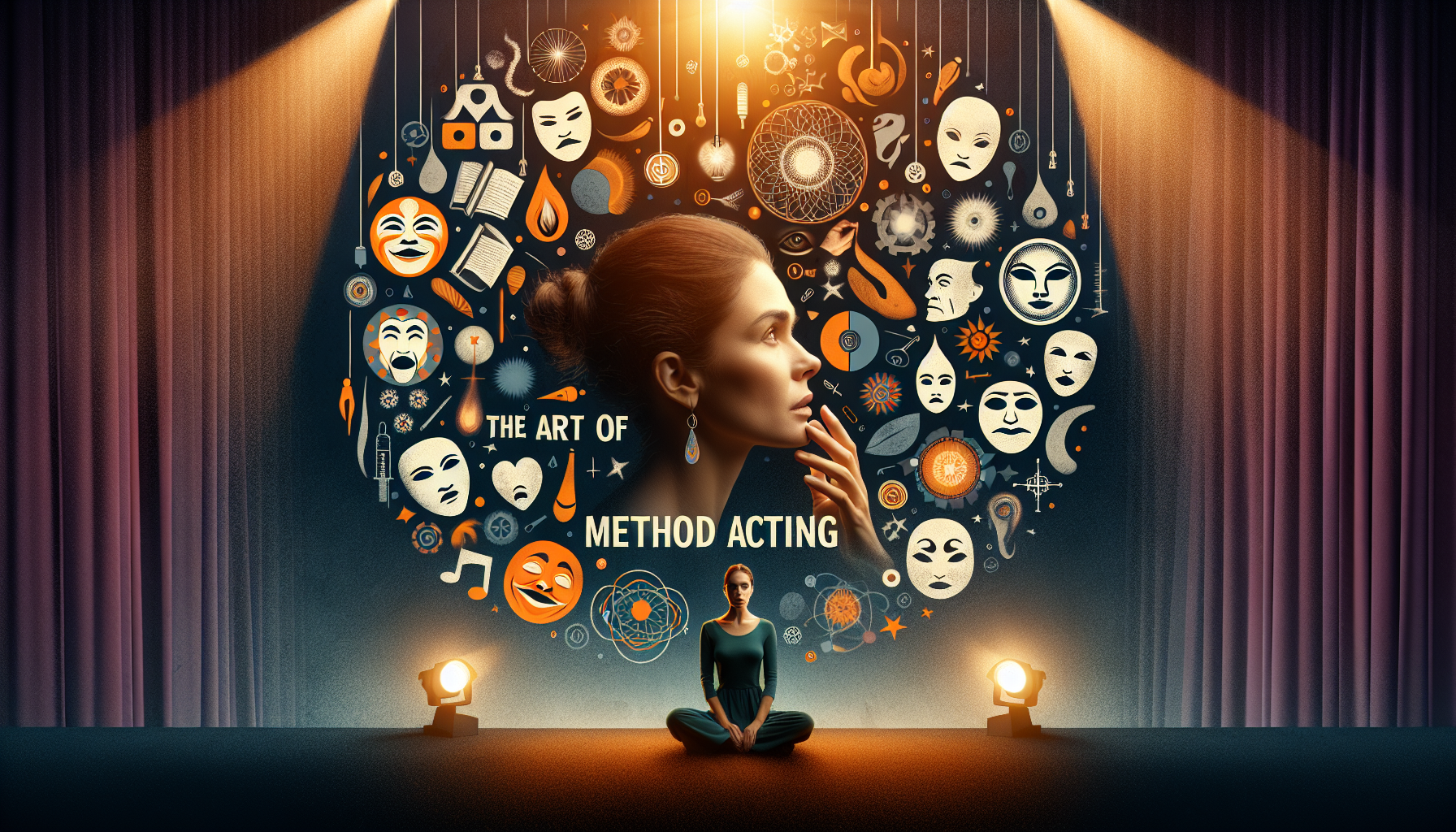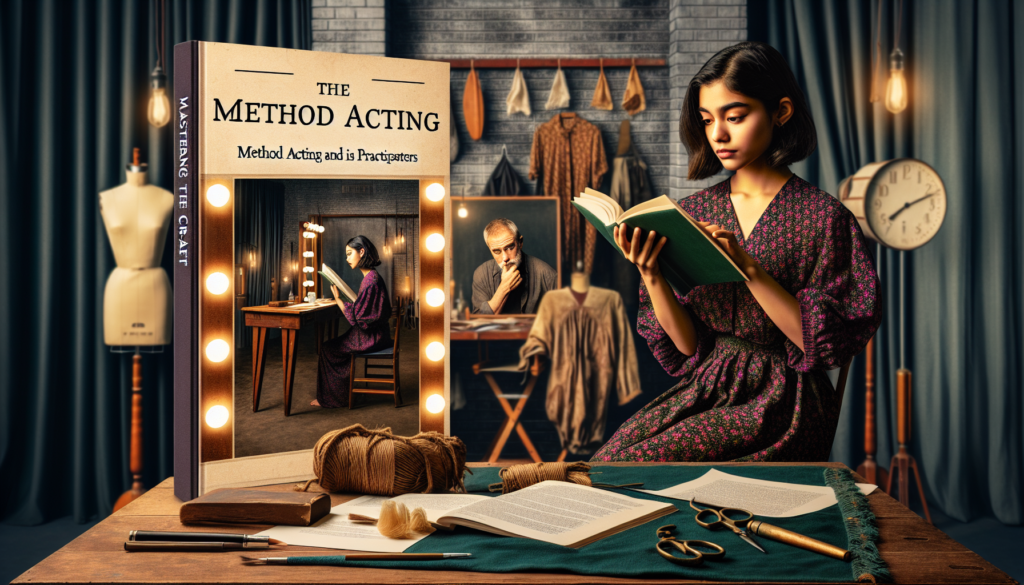**The Art of Method Acting: A Deep Dive Into the Actor’s Craft**
In the vast universe of performance arts, method acting stands as one of the most immersive, intense, and profound forms of acting. Rooted in the actor’s quest to deliver a performance that’s as genuine and convincing as possible, this technique plunges actors into the psychological depths of their characters. The goal? To live and breathe their roles, allowing audiences to experience a level of authenticity that transcends ordinary performance. This article delves into the essence of method acting, exploring its origins, principles, and the indelible mark it has made on the acting world.
**Origins and Evolution**
The roots of method acting trace back to the early 20th century, with the pioneering work of Russian theatre practitioner Konstantin Stanislavski. Dissatisfied with the artificial and superficial performances of his time, Stanislavski sought a deeper, more realistic approach to acting. He developed a system that emphasized the actor’s emotional connection to the character, advocating for a performance that emerged from the actor’s personal experience and inner emotional world. Stanislavski’s work laid the groundwork for what would later evolve into method acting, influencing subsequent generations of actors and directors worldwide.
The Stanislavski system found fertile ground in the United States in the 1930s and 1940s, particularly through the efforts of Lee Strasberg, Stella Adler, and Sanford Meisner. Strasberg, in particular, became synonymous with method acting, as he further developed Stanislavski’s ideas into the Method. The Lee Strasberg Theatre and Film Institute, which he founded, became a crucible for method acting, shaping the talents of numerous actors who went on to achieve critical acclaim.
**Core Principles**
At its core, method acting is built on a foundation of principles aimed at helping actors inhabit their characters more fully. These include emotional memory recall, wherein actors delve into their own past experiences to find emotional truths they can apply to their character; sense memory, which involves the actor using their sensory experiences to deepen their connection to the character and scene; and the use of “The Magic If,” a principle that encourages actors to explore how they would react in the hypothetical situations their characters face.
Another cornerstone of method acting is the emphasis on deep psychological analysis. Actors meticulously research their characters, exploring their motivations, backstories, and psychological profiles to understand them from the inside out. This analysis extends to the physical realm as well, with actors often altering their bodies and mannerisms to align more closely with their characters.
**Notable Method Actors**
Method acting has produced some of the most unforgettable performances in film and theatre history. Marlon Brando, for instance, became an icon of method acting with his groundbreaking performance in “A Streetcar Named Desire.” His ability to convey complex emotional states and inhabit his character so thoroughly set a new standard for actors.
Another celebrated method actor is Daniel Day-Lewis, known for his extreme dedication to his roles. For his role in “Lincoln,” Day-Lewis famously undertook a rigorous process of transformation, immersing himself in the historical context and adopting the former president’s mannerisms, even remaining in character off-camera to maintain the authenticity of his performance.
**Critiques and Controversies**
Despite its contributions to the craft of acting, method acting has not been without its critics. Some argue that the technique’s emphasis on emotional authenticity can lead to dangerous self-exploration, posing psychological risks to the actor. Others criticize it for encouraging indulgent, over-the-top performances that prioritize the actor’s experience over the narrative needs of the project.
Moreover, the method’s intense focus on individual performance has been cited as potentially detrimental to ensemble work, where the dynamics between actors play a crucial role in the success of a piece.
**Conclusion**
Method acting remains a fascinating and influential approach to performance, celebrated for its ability to generate profoundly authentic and compelling characters. While it may not be suitable for every actor or every project, its principles offer valuable insights into the nature of human emotion and the art of performance.
By continuing to challenge actors to explore the depths of their craft, method acting upholds a tradition of excellence and innovation in the performing arts. Its legacy is evident in the powerful, memorable performances that continue to captivate audiences around the world, testament to the enduring power of an actor’s quest for emotional truth.


